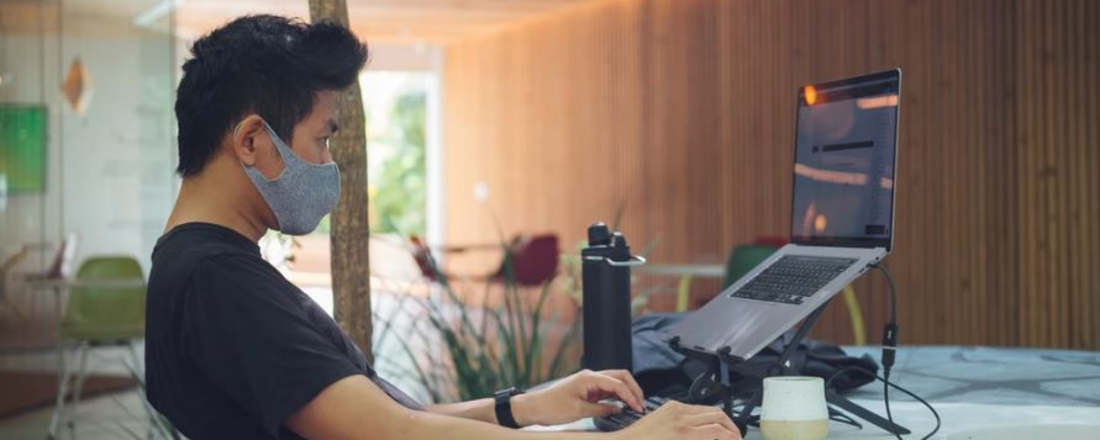
In the News
Contact Tracing Becomes More Prevalent Occupation in Spokane
- Spokane Journal of Business
-
Focus Areas
Communicable Disease Prevention, Health Care & Population Health -
Expertise
Public-Private Partnerships -
Programs
Tracing Health -
Strategic Initiatives
COVID-19

The number of contact tracers has risen in Spokane County along with the spread of COVID-19.
Susan Sjoberg, program manager for disease prevention and response at Spokane Regional Health District, says that before coronavirus struck, SRHD had five epidemiologists who conducted case investigations and their own contact tracing.
Now, after more than 5,000 positive tests in Spokane County for the virus since March, more than 100 people at the district are dedicated to investigating cases of COVID-19 and tracing contacts, and analysts say the total number of contact tracers in the Spokane area is more than that, due to some employers hiring their own tracers.
When the virus arrived in Spokane, Sjoberg says SRHD scrambled to train employees to meet the state mandate of at least 15 contact tracers per 100,000 people. At first, SRHD trained 75 of its own staff to conduct contact tracing.
“We had everybody identified and certified after taking the required training, but realized shortly thereafter that we can’t keep all 75 of those staff from their regular jobs,” Sjoberg says. “We quickly shifted gears and solicited the help of the Public Health Institute.”
The Public Health Institute is an Oakland, California-based group that regularly partners with public health departments and is also working in the Pacific Northwest with the Oregon Public Health Institute.
“(Public Health Institute) wanted to be responsive to supporting local health jurisdictions related to COVID-19 in whatever way that they could, so they took it upon themselves to internally make some adjustments and shift gears toward being able to support local health jurisdictions to do this volume of contact tracing.” Susan Sjoberg, Spokane Regional Health District.
Between SRHD employees trained as contact tracers and 32 people hired by the Public Health Institute, 112 contact tracers currently work on Spokane County cases. Most of the work is handled by those employed by the Public Health Institute, the majority of whom are local to the Spokane area, Sjoberg says.
“Their goal in this contact tracing partnership is to hire locally as much as possible,” Sjoberg says.
Through Public Health Institute, contact tracers make almost $23 per hour, according to the company’s website. Contact tracers who are bilingual make about $1 per hour more. That’s a little higher than the national average for contract tracers, which job postings website Indeed says is about $20 per hour.
Sjoberg says resourcefulness is an important trait for contact tracers, who sometimes must track down a contact based on little more than the name of the person. According to the Public Health Institute website, good critical thinking skills, verbal communication skills, and proficiency with computer software are among the qualifications an applicant must demonstrate. A high school diploma is required, though a community health worker certification may be substituted for a diploma.
Click below to read the full story in the Spokane Journal of Business.
Originally published by Spokane Journal of Business
More Updates
Work With Us
You change the world. We do the rest. Explore fiscal sponsorship at PHI.
Support Us
Together, we can accelerate our response to public health’s most critical issues.
Find Employment
Begin your career at the Public Health Institute.



